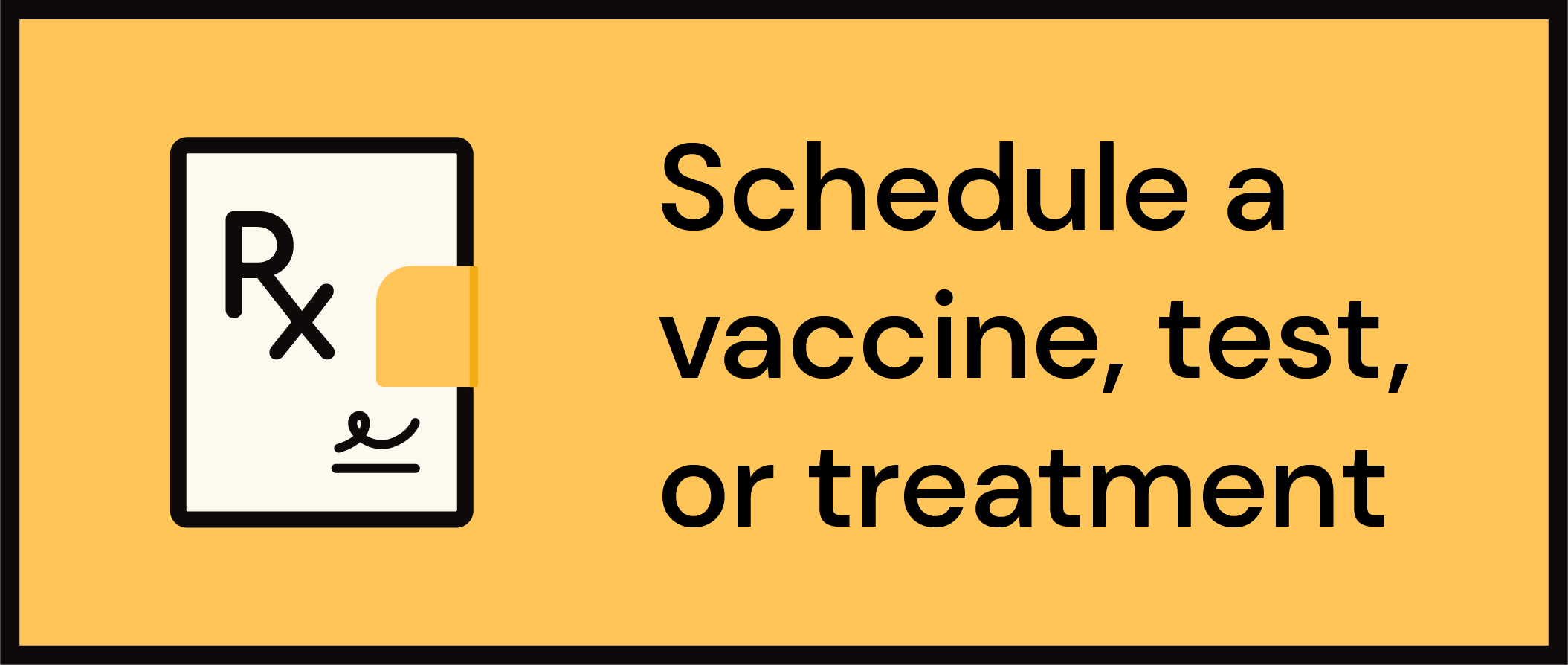Get Healthy!

- Dennis Thompson
- Posted January 5, 2022
'Benign' Adrenal Gland Tumors Might Cause Harm to Millions
Millions of people are at increased risk of type 2 diabetes and high blood pressure and don't even know it, due to a hidden hormone problem in their bodies.
As many as 1 in 10 people have a non-cancerous tumor on one or both of their adrenal glands that could cause the gland to produce excess amounts of the stress hormone cortisol.
Up to now, doctors have thought that these tumors had little impact on your health.
But a new study out of Britain has found that up to half of people with these adrenal tumors are secreting enough excess cortisol to raise their risk of diabetes and high blood pressure.
Nearly 1.3 million adults in the United Kingdom alone could suffer from this disorder, which is called Mild Autonomous Cortisol Secretion (MACS), the researchers said.
Anyone found with one of these adrenal tumors should be screened to see if their health is at risk, said senior researcher Dr. Wiebke Arlt, director of the University of Birmingham Institute of Metabolism and Systems Research in England.
"People who are found to have an adrenal tumor should undergo assessment for cortisol excess and if they are found to suffer from cortisol overproduction they should be regularly screened for type 2 diabetes and hypertension and receive treatment if appropriate," Arlt said.
These tumors are usually discovered during imaging scans of the abdomen to treat other illnesses, said Dr. André Lacroix, an endocrinologist at the University of Montreal Hospital Center, who wrote an editorial accompanying the study. Both were published Jan. 4 in the Annals of Internal Medicine.
Adrenal glands primarily produce the hormone adrenaline, but they are also responsible for the production of a number of other hormones, including cortisol, Lacroix said.
Cortisol is called the "fight-or-flight" hormone, and can cause blood sugar levels to rise and blood pressure to surge -- usually in response to some perceived bodily threat.
Previous studies had indicated that about 1 in 3 adrenal tumors secrete excess cortisol, and an even lower number caused cortisol levels to rise so high that they affected health, researchers said in background notes.
But this new study of more than 1,300 people with adrenal tumors found that previous estimates were wrong.
About half of these patients had excess cortisol due to their adrenal tumors. Further, more than 15% had levels high enough to impact their health, compared to those with truly benign tumors.
MACS patients were more likely to be diagnosed with high blood pressure, and were as much as twice as likely to be on three or more blood pressure medications.
They also were more likely to have type 2 diabetes, and were twice as likely to require insulin to manage their blood sugar, the study found.
"This study clearly shows that mild cortisol production is more frequent than we thought before, and that the more cortisol you produce, the more likely to you are to have consequences such as diabetes and hypertension," Lacroix said.
About 70% of people with MACS were women, and most were of postmenopausal age, the researchers said.
"Adrenal tumor-related cortisol excess is an important previously overlooked health issue that particularly affects women after the menopause," Arlt said.
Lacroix agreed that guidelines should be changed so that people with adrenal tumors are regularly screened.
"Everybody who is found to have an adrenal nodule larger than 1 centimeter needs to be screened to see if they're producing excess hormone or not," he said. "That's very clear."
A number of medications can reduce cortisol overproduction or block cortisol action, if an adrenal tumor is found to be causing an excess of hormone.
People with severe cortisol excess can even have one of their two adrenal glands removed if necessary, Lacroix said.
"It is quite possible to live completely normally with one adrenal gland," he said.
More information
The Cleveland Clinic has more about adrenal tumors.
SOURCES: Wiebke Arlt, MD, DSc, director, Institute of Metabolism and Systems Research, University of Birmingham, U.K.; André Lacroix, MD, endocrinologist, University of Montreal Hospital Center; Annals of Internal Medicine, Jan. 4, 2022








